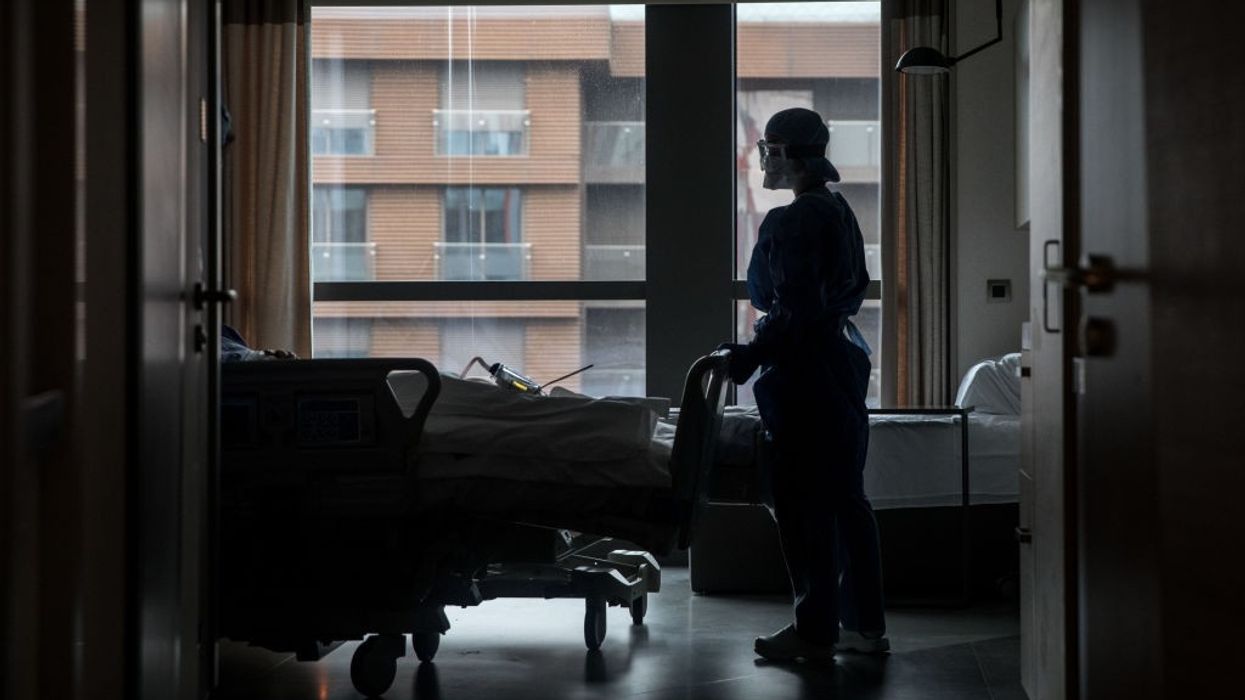New data from the Private Healthcare Information Network (PHIN) reveals that 2023 was a landmark year for private hospital admissions in the UK, surpassing all previous records
According to a recent report by Private Healthcare Information Network (PHIN), in 2023, private in-patient admissions reached unprecedented levels, with nearly 900,000 admissions recorded, a 7 per cent increase over the previous record set in 2022.
Both insured and self-pay admissions hit all-time highs, reflecting a significant shift in how the nation accesses healthcare.
The surge in admissions comes as the UK's health sector becomes a key issue in the upcoming general election.
With NHS waiting lists at record highs, many are turning to private healthcare to avoid prolonged waits.
Dr. Ian Gargan, PHIN’s Chief Executive, emphasised the growing role of the private sector: "These record figures show the important role the private sector plays in the nation’s health, something acknowledged by the major political parties.
"With NHS waiting lists at record levels, a growing number of people are looking for alternatives," he added.
Private medical insurance-funded admissions exceeded pre-pandemic levels for the first time, peaking in the last quarter of 2023 with 161,000 admissions.
This marks a 7 per cent increase from 2019. Self-pay admissions also surged, particularly in the first quarter of 2023 with 73,000 admissions, maintaining a significant 39 per cent increase over pre-pandemic figures.
Dr. Gargan highlighted the economic resilience reflected in these trends stating, "The number of people using private medical insurance, or opting to ‘self-pay’ for their procedure, has increased despite the difficult economic conditions over the past few years, demonstrating the importance people place on their health."
PHIN's data, gathered from over 600 private hospitals and more than 10,000 consultants, is available on its website.
Dr. Gargan advises those considering private treatment to utilise this resource for unbiased information on private healthcare options.
The private sector's collaboration with the NHS is seen as crucial for reducing waiting lists.
Private hospitals predominantly handle common procedures such as cataract surgeries, hip replacements, and knee replacements, allowing the NHS to focus on more complex cases.
Cataract surgery remains the most common procedure among private admissions, though a wide range of treatments is offered, including highly specialised care.












